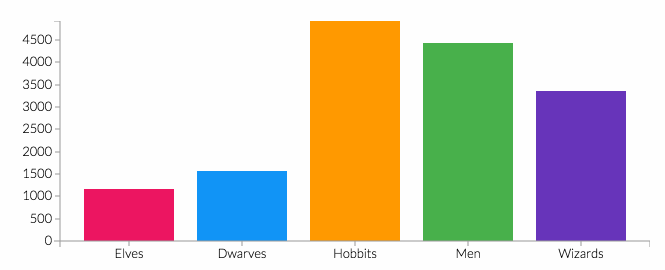PSIKOLOGI BERMAIN ANAK USIA DINI DALAM MENSTIMULASI PERKEMBANGAN OTAK
DOI:
https://doi.org/10.33853/jecies.v2i2.200Keywords:
Psychology, playing, disfunction, brain, amigdalaAbstract
In a psychological context, playing is an activity involving all psychological functions in a variety of situations. Playing in a child's world is a fun activity. Many things are gained in playing, such as new experiences, new skills, knowing various rules in the game, being able to discern various emotional conditions that may arise (such as pleasure, joy, tension, satisfaction, and maybe disappointment, too). Thus, psychologically, playing can help develop the potential that exists in children and help improve children's abilities in solving various known problems, as well as recognizing and obeying all existing rules. Besides that, it can also teach children to speak honestly, faithfully, and so on. All of these will be able to stimulate cognitive, social, emotional, motoric, and other intelligence development. The playground also plays a major role in increasing children's intelligence and caring. The results showed that children who were rarely stimulated by playing and be conscious of their environment t play had their brain growth and development about 20 or 30 percent smaller than their normal size. As a result, brain dysfunction occurs which affects the intelligence and reactive ability of children to respond to everything that happens in their environment. The brain also requires adequate nutritional intake. Malnutrition in the brain results in a decrease in the brain's ability to receive, record, store, process, exercise, respond to, produce, and reconstruct information. In the brain, there is a part of brain cells that manage emotions called the amygdala which functions to store old memories related to emotions. This amygdala is related to human emotional behavior that can be changed and/or controlled for the better, such as from fear to being brave, from not caring to being attentive, and so on.References
Anhusadar, L. O. (2018). Perkembangan Otak Anak Usia Dini A . Hakikat dan Prinsip Perkembangan Otak Otak yang dalam bahasa Inggris disebut encephalon adalah pusat ( central nervous system , CNS ) pada vertebrata dan banyak invertebrata lainnya . Otak manusia adalah struktur pusat. 98–113.
Ardianto. (2017). Bermain Sebagai Sarana Pengembangan Kreativitas Anak Usia Dini. Jendela Olahraga, 2(2), 35–39. https://doi.org/10.26877/jo.v2i2.1700
Chamidah, A. N. (2009). Pentingnya Stimulasi Dini Bagi Tumbuh Kembang Otak Anak. Talkshow Tumbuh Kembang Dan Kesehatan Anak (A.Chamidah, 2009), 1–7.
Daulay, N.-. (2017). Struktur Otak dan Keberfungsiannya pada Anak dengan Gangguan Spektrum Autis: Kajian Neuropsikologi. Buletin Psikologi, 25(1), 11–25. https://doi.org/10.22146/buletinpsikologi.25163
Gazalba, Sidi. Ilimu Filsafat, dan Islam tentang Manusia dan Agama. Jakarta: Bulan Bintang
MCDevit, T.M & Ormrod, J. E.(2002:76). Child Development and Education, Merrill Prentice Hall, Columbus, Ohio.
Putra, N. & Dwilestari, N. (2012). Penelitian Kualitatif PAUD. Jakarta: Rajawali Press.
Qudsyi, H. (2019). Optimalisasi Pendidikan Anak Usia Dini Berdasarkan Pembelajaran Yang Berbasis Perkembangan Otak. CERIA (Cerdas Energik Responsif Inovatif Adaptif), 2(2), 29. https://doi.org/10.22460/ceria.v2i2.p29-36
Rohmah, N. (2016). Bermain Dan Pemanfaatannya Dalam Perkembangan Anak Usia Dini. Jurnal Tarbawi, 13(2), 27–35.
Vinayastri, A. (2015). Perkembangan Otak Anak Usia Dini. Jurnal Ilmiah WIDYA, 3(1), 33–42.
Wathon, A. (2016). Neurosains dalam pendidikan. JURNAL LENTERA: Kajian Keagamaan, Keilmuan Dan Teknologi, 14(1), 284–294. https://www.neliti.com/publications/177272/neurosains-dalam-pendidikan
Wiyani, Novan.A. (2014). Psikologi Perkembangan Anak Usia Dini. Yogyakarta: Gava Media.




